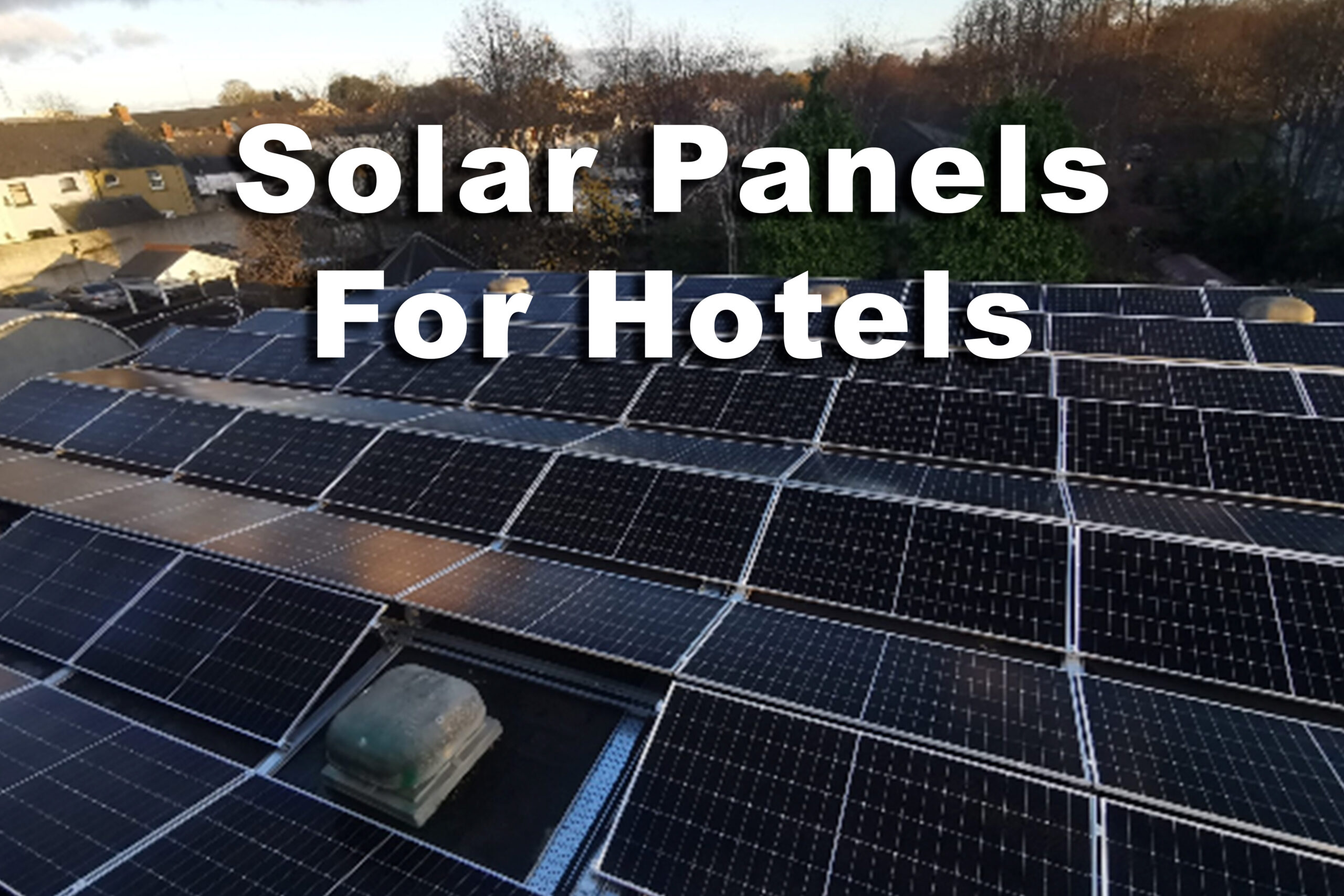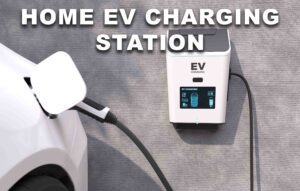As hotels strive to become more sustainable, solar energy is increasingly viewed as a viable solution. Whether you manage a boutique hotel or a large chain, solar panels for hotels can lead to significant cost savings, improved energy efficiency, and a reduced carbon footprint. In this guide, we’ll explore how installing solar panels can transform your hotel’s operations.
EnergyServ Hotel Testimonials
Introduction to Solar Panels for Hotels
Solar panels, primarily using photovoltaic technology, convert sunlight into electricity. Hotels are perfect candidates for solar power adoption due to their large roofs, consistent energy demands, and desire to attract environmentally-conscious travellers. Let’s dive into why you should consider solar panels for hotels and how they work.
Why Hotels Should Consider Solar Power
Economic Benefits for Hotel Owners
Hotels experience high energy consumption due to lighting, HVAC systems, and electronic devices. By harnessing solar energy, hotels can reduce their energy expenses and achieve significant savings on utility bills. With solar panels, hotels can benefit from cheaper, predictable energy rates, helping to control long-term operational costs.
Reducing Operational Costs
By cutting down on electricity from the grid, hotels can experience immediate reductions in monthly energy bills. In some cases, excess electricity generated by solar panels can even be sold back to the grid, creating an additional revenue stream.
Enhancing Hotel Sustainability and Appeal
Sustainability is now a key selling point in the hospitality industry. Many travellers prioritize eco-friendly accommodations. By implementing solar energy solutions, hotels can appeal to this growing segment of environmentally-conscious customers, boosting brand image and guest satisfaction.
How Solar Panels Work: A Basic Overview
Photovoltaic Technology Explained
Solar panels use photovoltaic (PV) cells to absorb sunlight, generating direct current (DC) electricity. This DC power is then converted to alternating current (AC) electricity, which powers the hotel’s equipment and lighting.
Key Components of a Hotel Solar Power System
A solar power system for hotels consists of panels, an inverter to convert DC to AC, a metering system to monitor energy production and usage, and sometimes batteries for energy storage. These systems can be integrated with the hotel’s existing energy infrastructure.
Types of Solar Panels Suitable for Hotels
Monocrystalline vs. Polycrystalline Panels
Monocrystalline panels are more efficient and offer higher energy output, making them ideal for hotels with limited roof space. Polycrystalline panels, while less efficient, are more cost-effective and can be a great solution for larger properties.
Thin-Film Solar Panels for Hotels
For hotels with unique architectural designs or limited roof space, thin-film solar panels provide a flexible alternative. These lightweight panels can be installed in various locations and blend seamlessly with the hotel’s aesthetics.
Flexible Solar Solutions for Unique Hotel Designs
Hotels with challenging structural designs can benefit from newer, flexible solar panel technologies that adapt to non-traditional roof types. This flexibility ensures hotels of all sizes and layouts can take advantage of solar energy.
The full article will follow this structure, diving into each topic with in-depth analysis and insights, covering everything from installation to maintenance and future trends in hotel solar technology.











